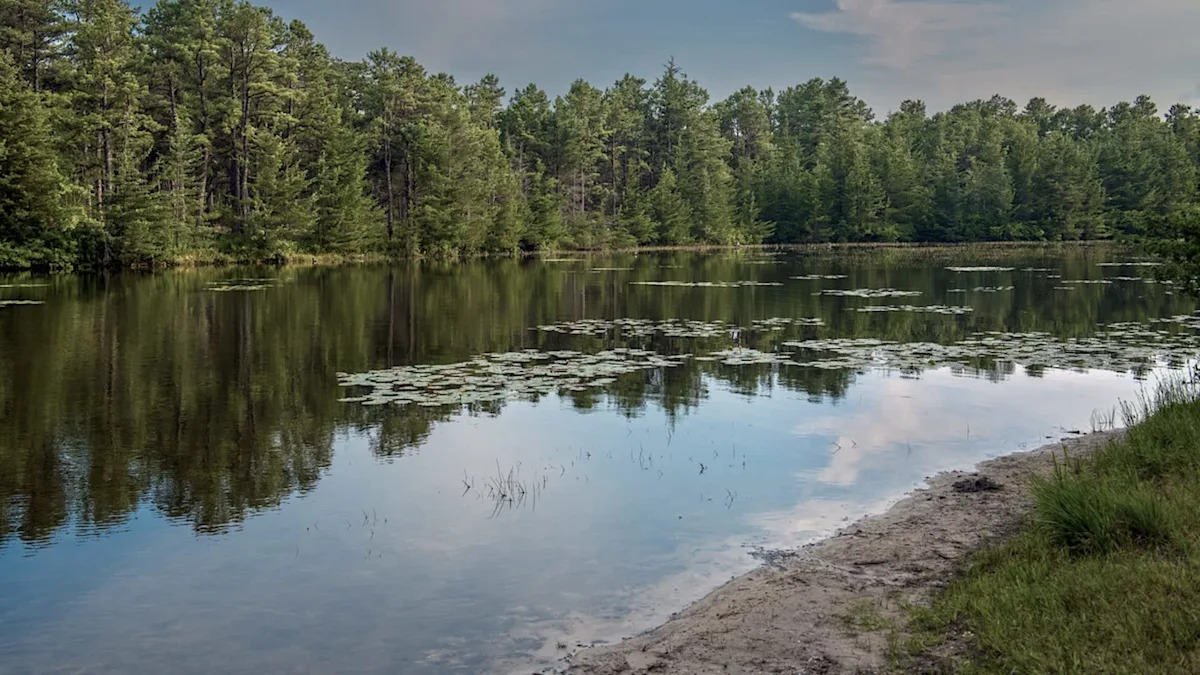After months of monitoring, a Colorado lake was refilled this spring, a welcome milestone after a long battle against a small but invasive species.
Colorado Parks and Wildlife officials drained Highline Lake in November 2024 after discovering mussel larvae along the Colorado River and began restocking it earlier this year, the Colorado Sun reported.
Zebra mussels are an invasive species not native to Colorado, according to CPW. They can spread easily by adhering to hard underwater surfaces such as rafts, boat bottoms, paddleboards and fishing gear.
“Eradication of an invasive species once it is established can be difficult, which is why we focus so much on preventing its introduction,” said Maddie Baker, a CPW invasive species specialist, according to the Colorado Sun.
Zebra mussels may be tiny—about the size of a fingernail, according to the U.S. Geological Survey—but they can cause major problems for waterways, reservoirs and aquatic ecosystems.
They can remove large amounts of plankton from the water, which can affect the food supply of native species and pose a threat to the ecosystem.
Zebra mussels can also clog and disrupt water systems and can be costly to remove. In 2023, CPW spent approximately $300,000 on its efforts to prevent the infestation.
By replenishing the lake and controlling invasive mussels, both the environment and communities benefit. It helps restore balance to the ecosystem while revitalizing local recreation.
Preventing invasive species is not just limited to lakes. Some plants can also invade home landscapes. These non-native species can spread quickly and are difficult to remove once they get out of control.
Homeowners can protect their gardens from invasive plants by removing them early and planting native species that can thrive without excessive fertilizer or irrigation.
Native plants support pollinators, birds and beneficial insects that can help control pests. Switching to natural grass can also save water, reduce maintenance costs, and reduce a household's environmental impact. Other low-maintenance landscaping options include clover, buffalo grass and xeriscaping.
In contrast, non-native plants often require special care to thrive. Some could even be classified as invasive. Learning how to safely eradicate invasive plants already present in a garden can help prevent their return.
The refilling of Highline Lake is a promising sign of progress in Colorado's fight against invasive zebra mussels.
“We remain confident that the zebra mussels have been eradicated by lake drainage. However, Highline Lake is considered infested until we have five consecutive years of negative results,” invasive species program manager Robert Walters said in a news release.
Join TCD's exclusive Rewards Club to earn up to $5,000 to clean upgrades that will help you Save money and future-proof your home.
